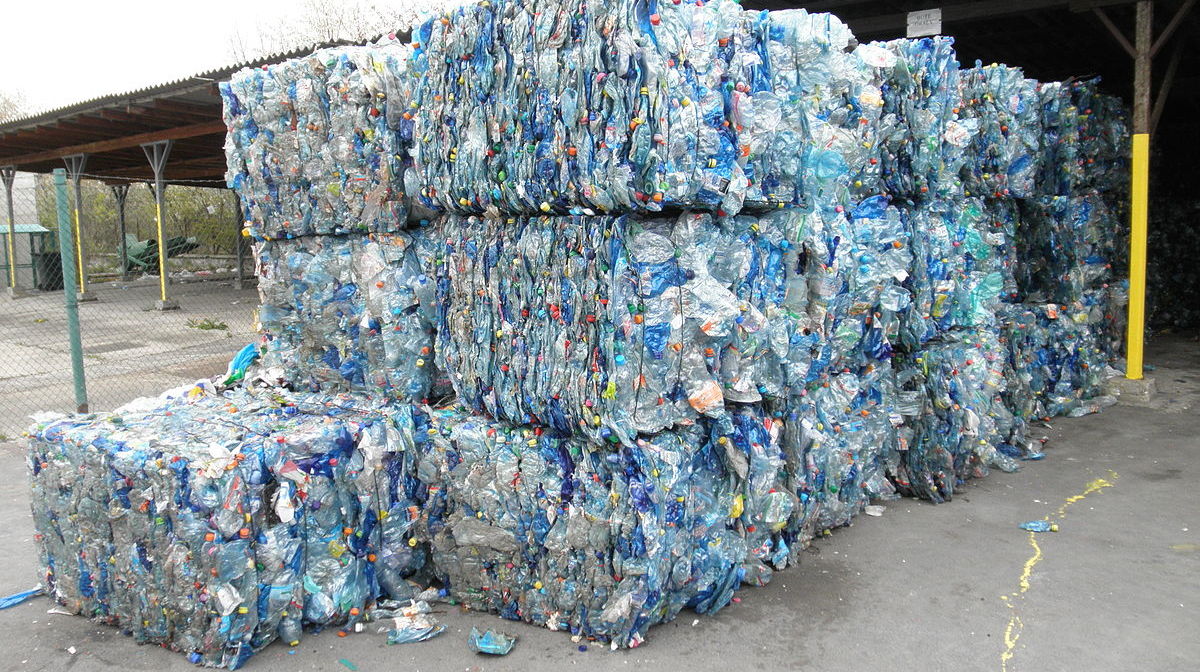Plastic-eating bacterium could be the future of recycling

Researchers have discovered a bacterium that could become the future of recycling Polyethylene terephthalate (PET), a common type of plastic used in bottles and food containers.
More than 45 million tonnes of PET plastics are produced annually, but only about half that is recycled around the world. Most of it ends up in landfills or the ocean, and being a plastic produced for its durability, it's believed it could take more than 400 years to break down on its own.
However, this new species of bacterium, named Ideonella sakaiensis and discovered by a team of researchers in Japan, could change that.
Researchers have collected 250 samples of PET from recycling facilities to determine if microorganisms played any role in the breakdown process of the plastic, according to the paper published in the journal Science.
They eventually came across the bacterium and, after applying it to a thin film PET, they discovered it was able to completely break down the plastic in six weeks. Of course, thicker plastics would take longer.
Interestingly, however, PET plastics are man-made, and have only been around for about 70 or so years - it was patented in 1941 - suggesting that this bacterium species evolved to be able to breakdown PET, and it could still be evolving.
In any case, it's an exciting discovery that could make way for a new, environmentally friendly way of decomposing plastics, especially if the researchers find a way for the bacterium to speed up the process.
Sign up for breaking news, reviews, opinion, top tech deals, and more.
Image credit: Michal Maňas/CC BY 3.0
Via ABC.net